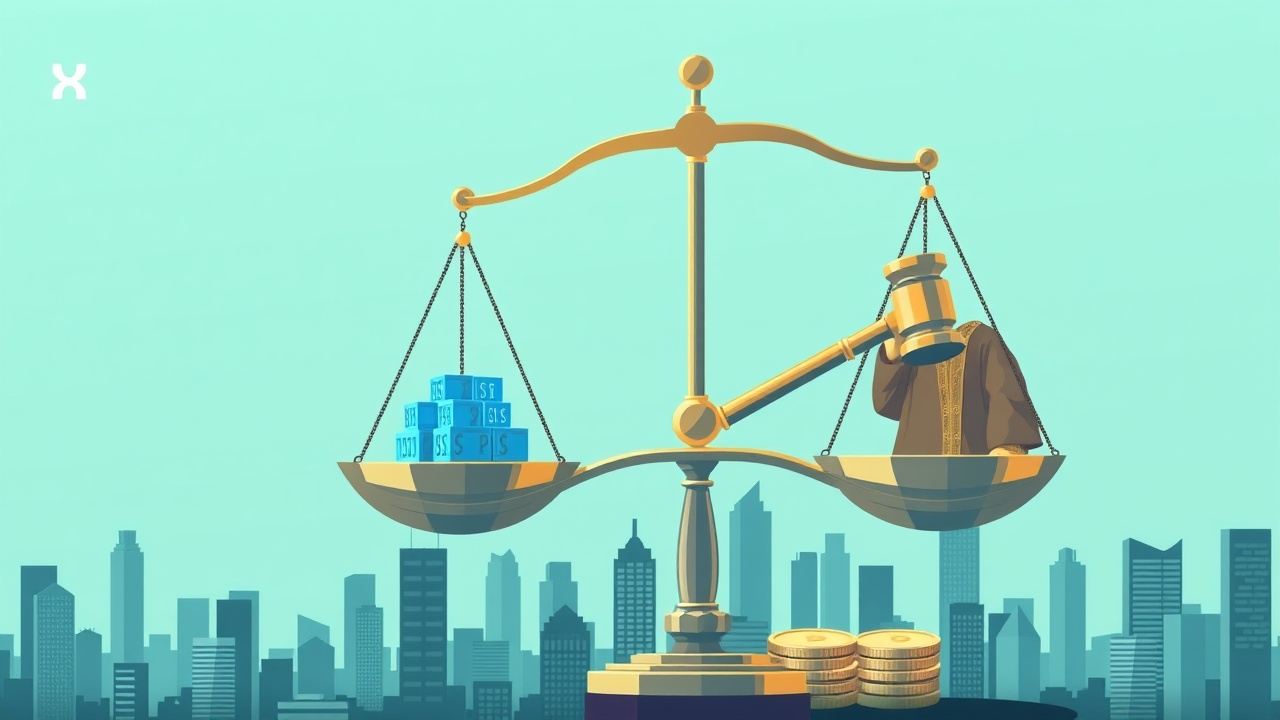Understanding the Controversy Surrounding XRP’s Decentralization
The controversy surrounding XRP’s decentralization has taken a definitive turn, courtesy of prominent advocate John Deaton, an attorney actively involved in the ongoing legal battle between Ripple and the SEC. Deaton has challenged the prevailing notion that Ripple’s ownership of nearly 40% of XRP inherently leads to centralization of the network.
Redefining Decentralization
Rather than measuring decentralization solely by the proportion of tokens controlled by a single entity, he proposes evaluating the extent of the platform’s global user base as a more accurate metric.
In his argument, Deaton cites the impressive figure of 75,000 XRP holders spanning over 140 nations who have backed his legal motion opposing the SEC. This statistic reflects a far-reaching and diverse community, demonstrating that ownership does not equate to control over the network.
The Distinction Between Network and Token
Deaton emphasizes a critical distinction that is often overlooked: the network itself should not be conflated with its token. He argues for a more nuanced approach in discussing decentralization, cautioning against reductive arguments that overlook these complexities.
Insights into the XRP Ledger
Delving deeper into the workings of the XRP Ledger (XRPL), Deaton explains that it operates on a consensus mechanism rather than a mining model. This framework relies on validators, many of whom have no affiliation with Ripple, to agree on transaction verifications.
Notably, Ripple’s own CTO, David Schwartz, has reiterated that these validators do not receive compensation and operate independently, which complicates any potential dominance over the network. While Ripple can propose modifications, it requires majority endorsement from validators to implement any changes.
The Evolving Dialogue on Decentralization
As the legal landscape surrounding one of the most scrutinized cryptocurrencies continues to unfold, the dialogue surrounding decentralization is evolving. The current focus is shifting from Ripple’s corporate governance to how much authority exists on the blockchain and who possesses it.
Deaton’s insights reflect a growing awareness of these complexities within the cryptocurrency community, urging a more informed discourse as discussions of power and governance in blockchain technology advance.




